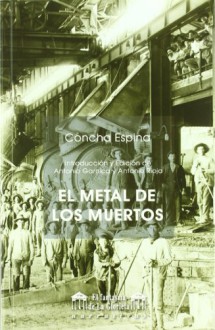In The Shadow of the Wind Carlos Ruiz Zafón interweaves the threads of different stories into an intricate pattern forming the whole of the novel. Several plots are running side by side or one within the other, but they are all well balanced and the story gowes smoothly despite all.
The story revolving around Daniel Sempere and his search for traces of the writer Julián Carax is set in Barcelona. It starts in summer 1945. His father, the owner of a little bookshop, takes the ten-year-old to the Cemetery of Forgotten Books, a secret place in the old town to which only the initiated have access. There the boy is allowed to take one book from the shelves under the condition that he promises to be its guardian for the rest of his life. He picks a volume with a handsome binding that shows the name Julián Carax and the title The Shadow of the Wind inscribed on its cover. Of course, Daniel begins to read the book as soon as he is back at home in his room above the bookshop. The novel engrosses the boy and he spends the whole night reading it until the end. Then he searches for other books of the writer, but only encounters mystery because Julián Carax and his books seem to have disappeared without trace. After his initial enthusiasm Daniel slowly forgets about the book.
Years later a mysterious man smelling of burnt paper is after Daniel and claims the book from him. This is the starting point of a new quest that reveals the tragic history of Julián Carax, his love and his writings. Daniel is drawn dangerously deep into the life of the author, but along the way he grows up, makes friends with a former political prisoner of the Franco regime and meets his love Bea.
For the full review please click here to go to my blog Edith's Miscellany!

 Log in with Facebook
Log in with Facebook 











